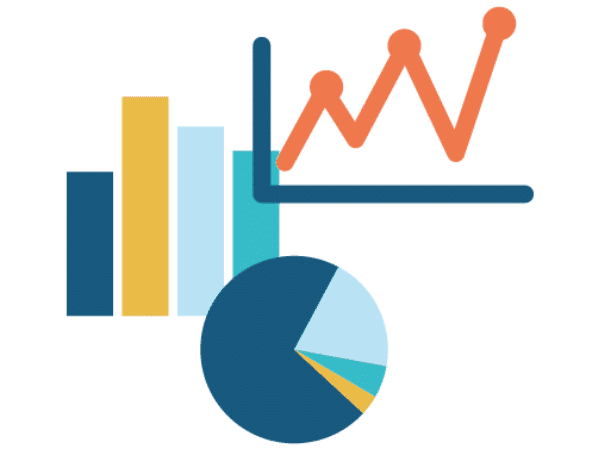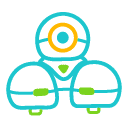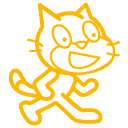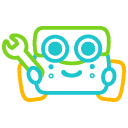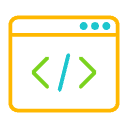Artificial Intelligence

Master AI technology comprehensively by learning to develop practical intelligent applications. Use coding to solve everyday problems and enhance the practical application of technology.
Age: 14 - 16
S3+
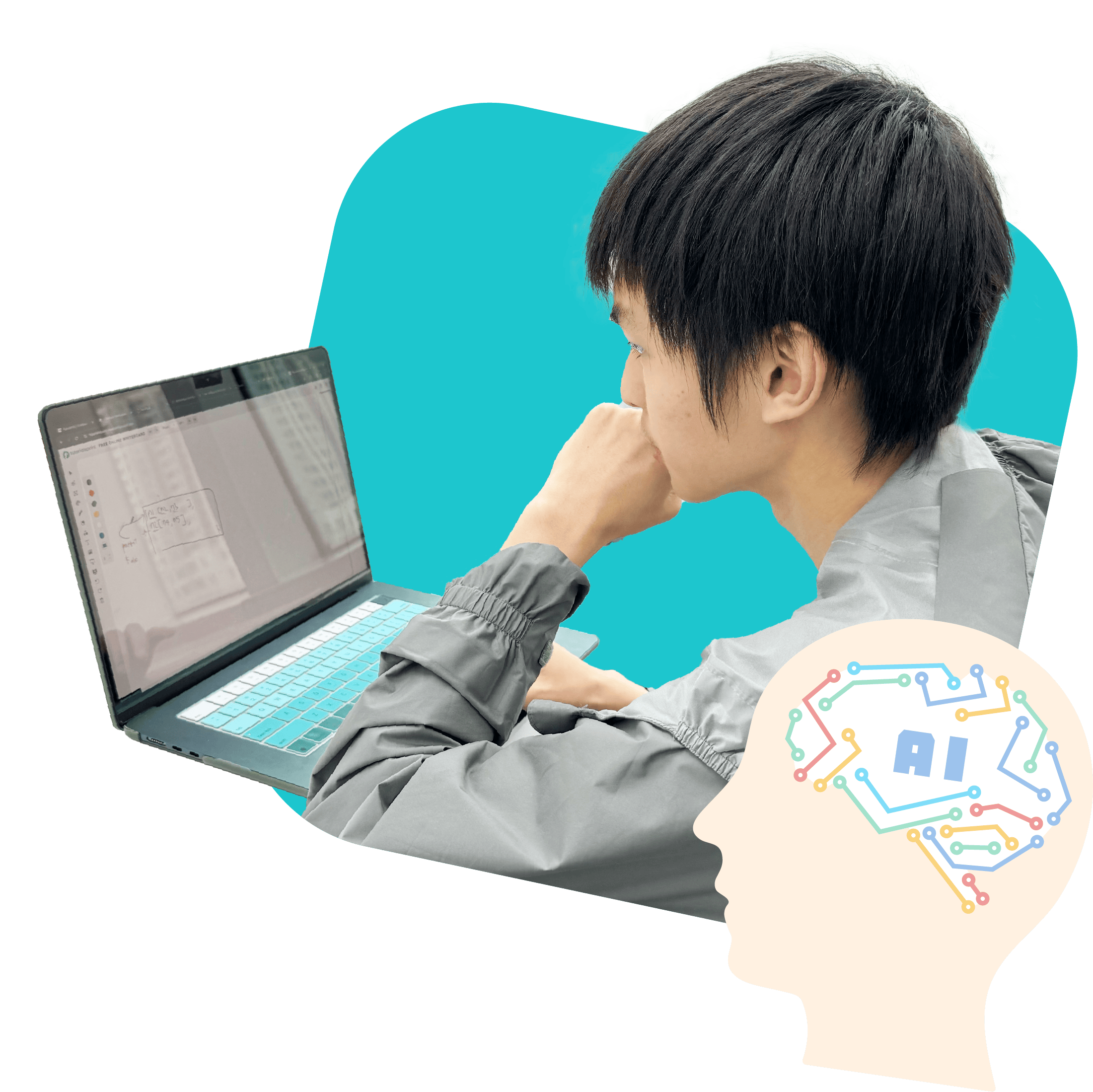
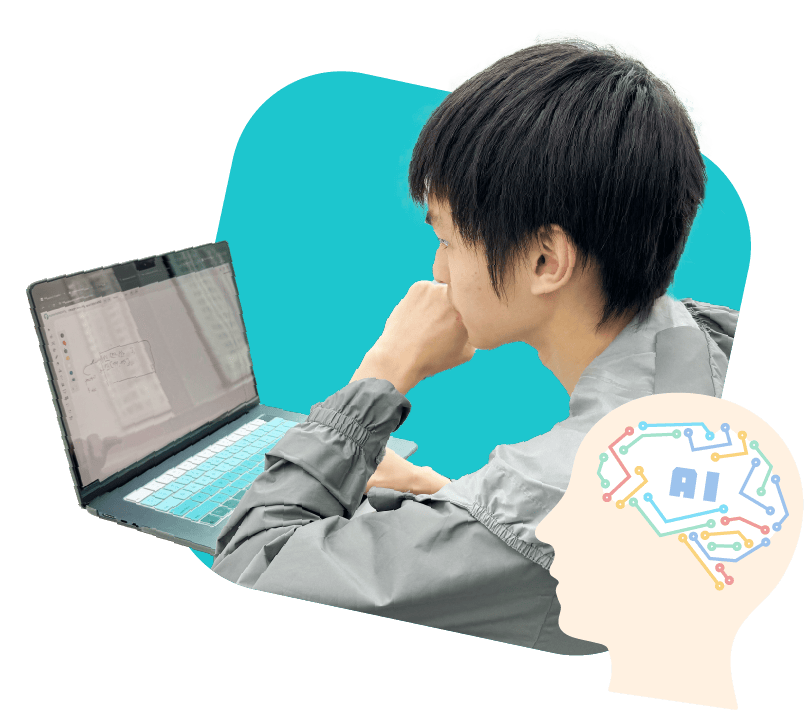
Course Description
The Artificial Intelligence (AI) course is designed for students who have completed the RoboCode Data Science course. It progresses from foundational knowledge to advanced applications, aiming to equip students with a comprehensive exploration of core AI technologies.
The course covers the structure and applications of Neural Network, image processing techniques, and algorithmic learning. Students will learn to develop and train Neural Network models for applications such as image classification and object detection, and explore the wide-ranging applications of AI technology in various real-world scenarios.
This course equips students with essential AI skills, fosters excellent problem-solving abilities and innovative thinking, and prepares them with a solid knowledge base for future academic and career challenges in the era of artificial intelligence.

What Will Your Kids Learn?
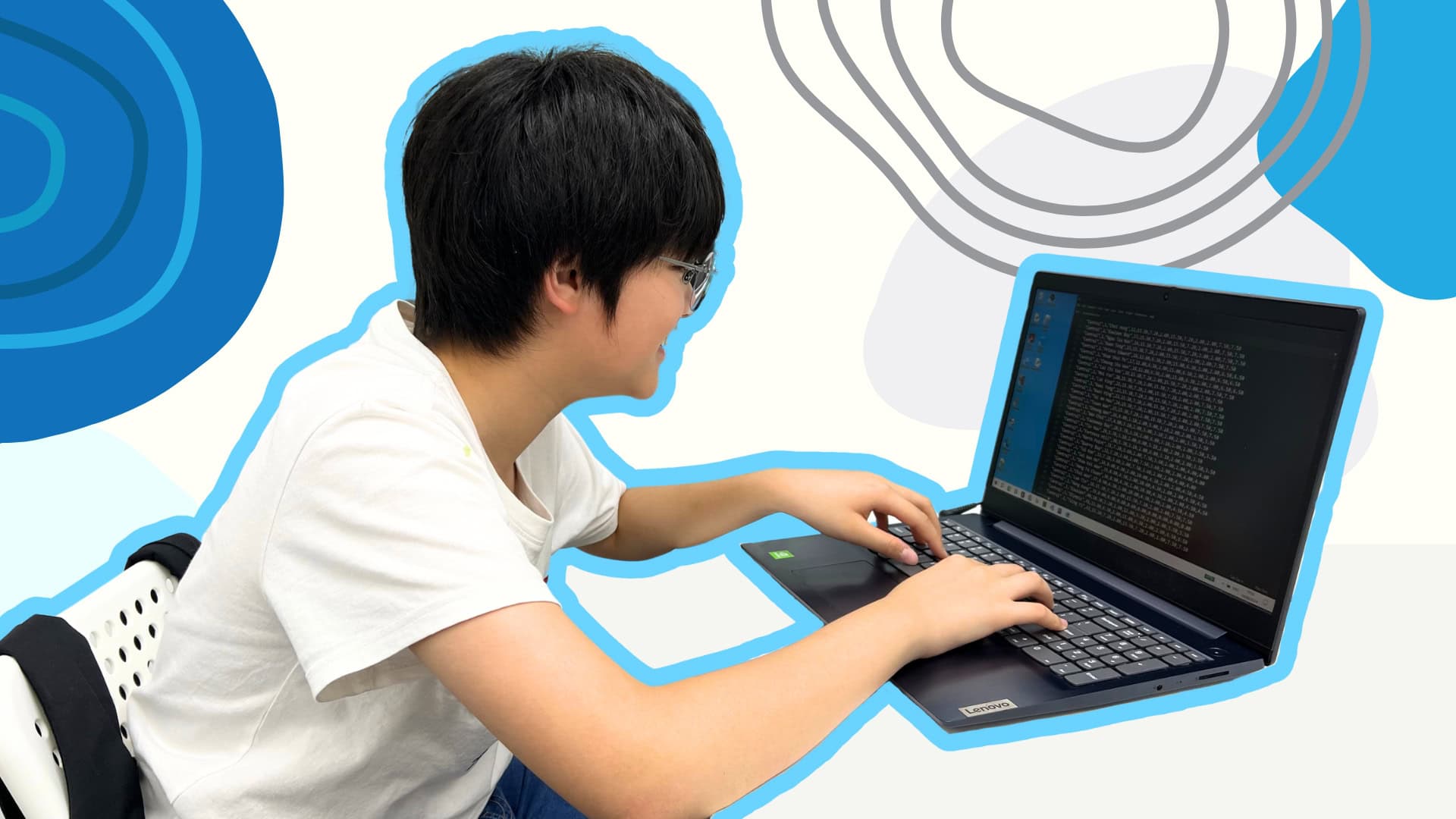
- Understand the structure and learning principles of Neural Network to develop and improve AI models
- Master image processing and classification techniques to develop AI applications based on image recognition
- Flexibly apply advanced AI algorithms to develop intelligent systems for real-world applications
RoboCode Uniqueness
Mastering Neural Network Technology to Solve Complex Problems
Students will gain in-depth knowledge of Neural Network technology, from fundamental structure to Backpropagation Algorithms. They develop the skills needed to tackle complex problems and apply these techniques to real-world data analysis.
Applying Image Processing Techniques for Intelligent Recognition
The course covers image processing and feature extraction techniques, that students will learn to use Neural Network for image classification and facial recognition, enabling them to develop intelligent applications.
Combining Computer Vision Technology to Create Interactive Games
Students will learn to integrate computer vision technology to develop interactive games with gesture control features, exploring innovative applications of artificial intelligence in gaming.
Our Curriculum
Level 1 - Exploring the Fundamentals and Applications of Neural Network

Gain a deep understanding of Neural Network, focusing on structure design, data processing, and model optimization. Students will systematically learn the techniques for developing AI models.
- Learn to create Neural Network structure, understand their learning mechanisms, and solve the Exclusive Or (XOR) problem
- Apply Backpropagation and Gradient Descent methods to improve the accuracy and learning efficiency of AI models
- Organize and analyze commonly used datasets for Neural Network training, and conduct model performance evaluations
Level 2 - Image Processing and Feature Extraction
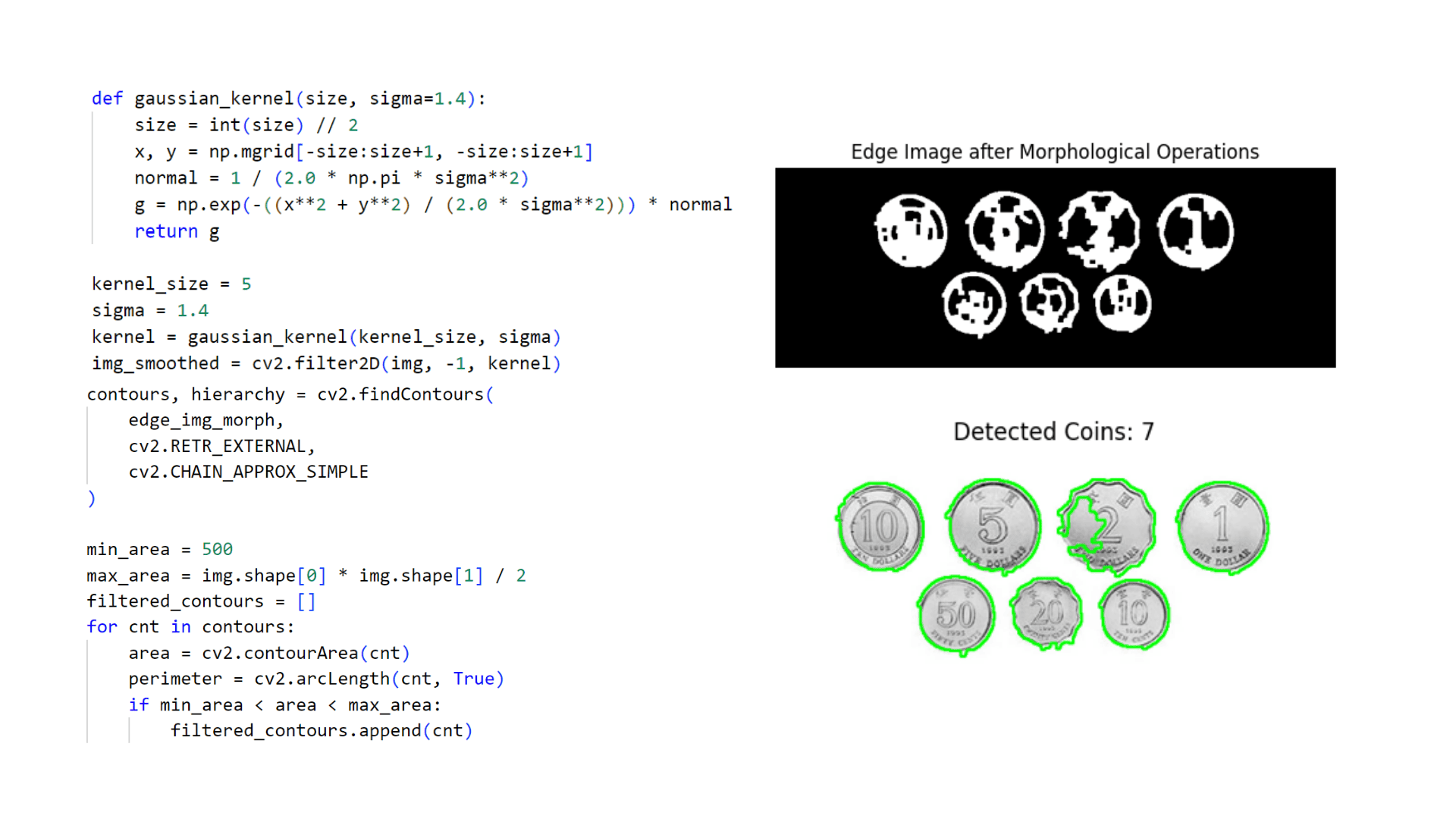
Master image processing and feature extraction techniques to accurately extract key information from image data. Combine these skills with Neural Network applications to develop real-world intelligent systems such as coin counting and facial recognition.
- Learn image processing techniques using Pillow (PIL) and NumPy for image manipulation and vector representation, and understand Image Feature Extraction
- Implement Canny Edge Detector to create practical applications, such as a coin counting program that accurately identifies and counts coins
- Use Histogram of Oriented Gradients (HOG) combined with Neural Networks for image classification, enabling the development of intelligent systems like facial recognition
Level 3 - Convolutional Neural Network and Real-Time Image Recognition

Understand the structure and functionality of Convolutional Neural Networks (CNN), and learn to use the MediaPipe tool for facial detection and cropping. Train facial classification models to develop intelligent applications such as real-time image recognition and facial liveness detection.
- Build CNN models for facial detection and classification, using MediaPipe for facial cropping and advanced model training
- Explore the principles of Convolutional Layer, Rectified Linear Unit (RELU), Max Pooling, and Fully Connected Layer, and understand their crucial roles in image recognition
- Use OpenCV and CNN for real-time image data processing, developing facial liveness detection and authentication systems
Level 4 - Mastering Object Detection and Image Segmentation

Gain expertise in advanced object detection and image segmentation techniques using the YOLOv8 model for accurate real-time detection. Learn to fine-tune models based on custom datasets and explore the application of these technologies in video analysis, such as developing intelligent systems for license plate recognition and speed estimation.
- Utilize the YOLOv8 model for object detection, image segmentation, and pose estimation, with real-time result display
- Learn to fine-tune models to adapt to custom datasets for image segmentation and object tracking
- Develop systems for license plate recognition and speed estimation, with real-time result display in video footage
Level 5 - Developing Gesture-Controlled Games with Computer Vision
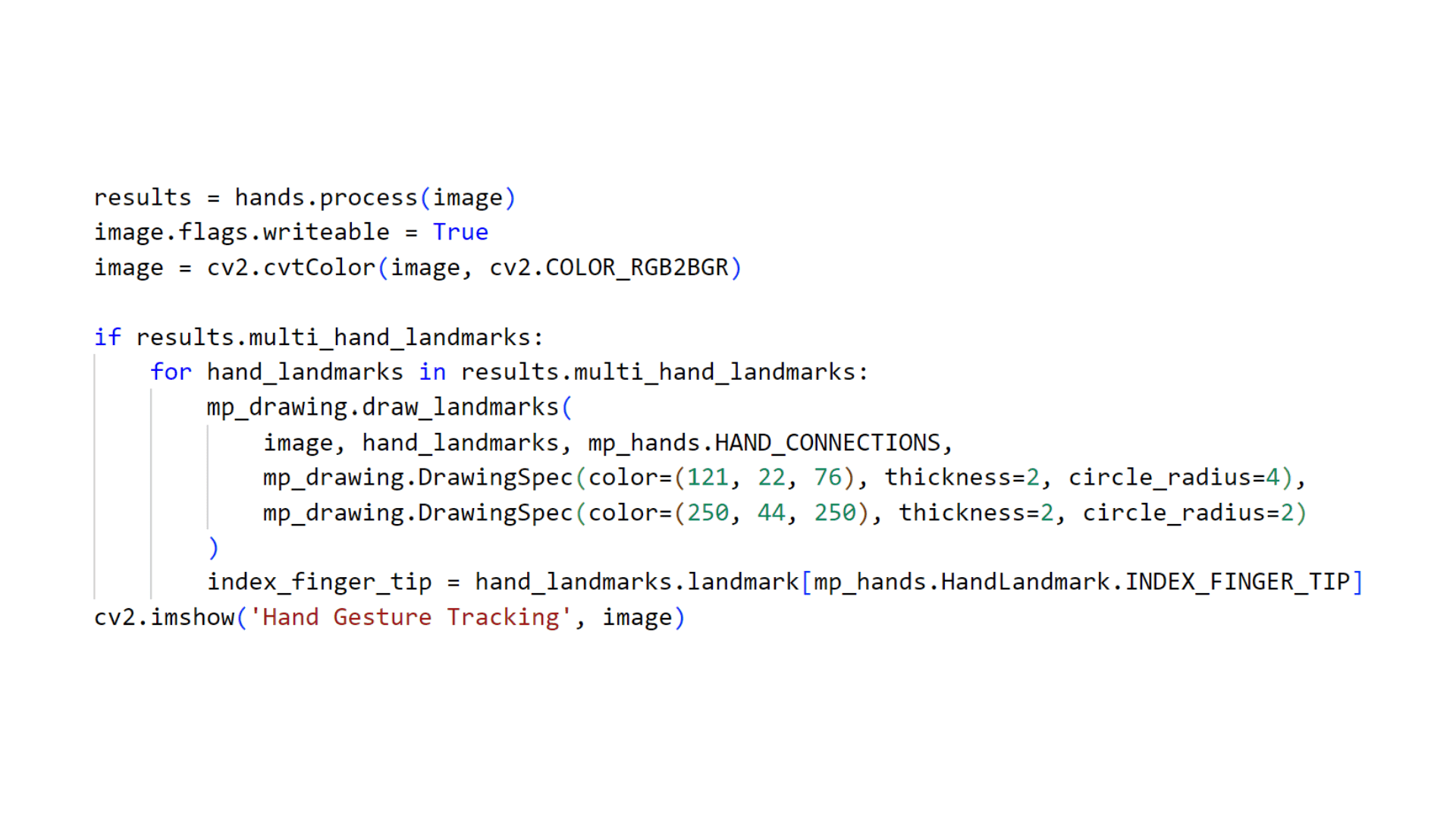
Learn to develop and fine-tune gesture-tracking modules using computer vision technology for real-time gesture interaction in games. Students will develop classic games with PyGame, integrating gesture controls to showcase innovative applications of gesture tracking in interactive gaming.
- Develop gesture-tracking module with real-time display of hand landmarks
- Use gesture controls to complete specific tasks, such as zooming, rotating, and moving puzzle pieces
- Develop and enhance the classic game Fruit Ninja, integrating computer vision technology to control characters with gestures
Suitable for
14 to 16 year-old
Every Lesson
90 Minutes
Every Level
12 Lessons
(18 Hours in Total)
Class Size
1:4
(Maximum)
Course Fee
$6840 per Level

Kickstart Your Child's Journey to Innovation and Discovery
Frequently Asked Questions
Do students need to bring their own laptops to classes?
We encourage students to bring their own laptops to class, and the instructor will assist with installing the necessary software. If students do not have a laptop, we can also provide one for them.
Can parents get back students' completed works after class?
Sure, students can save their works to personal storage spaces such as Google Drive or USB flash drives.
Can students practice at home?
Yes, students can access, modify, and run their files on any computer that supports the relevant software.
Are there any additional fees apart from tuition for the course?
No, only tuition is required; there are no extra charges.
What if students need to take leave?
Parents should notify our staffs in advance. We will then arrange makeup class.
Courses You May Like...
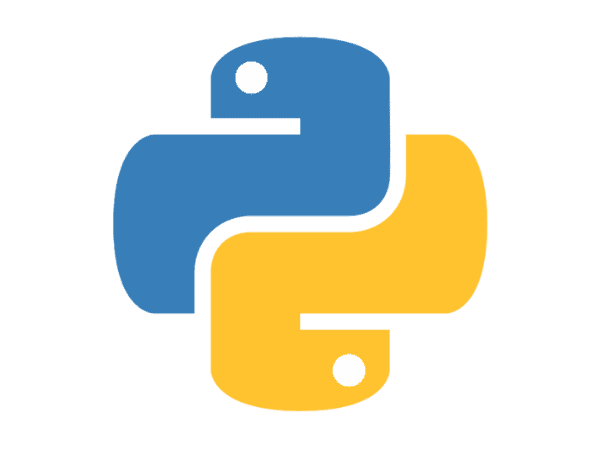
Python
Age: 12 - 16
Through game development and algorithmic applications, progressing from beginner programming concepts to data processing, building practical Python programming expertise.
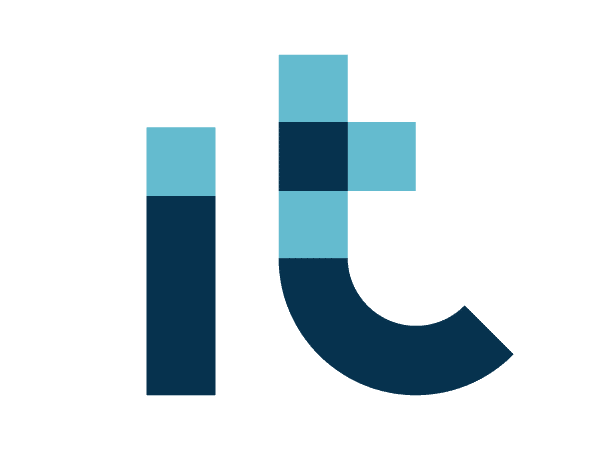
ITS Exam
Age: 12 - 16
By obtaining the ITS certification, students gain internationally recognized qualifications, paving the way for expanded opportunities in higher education.
